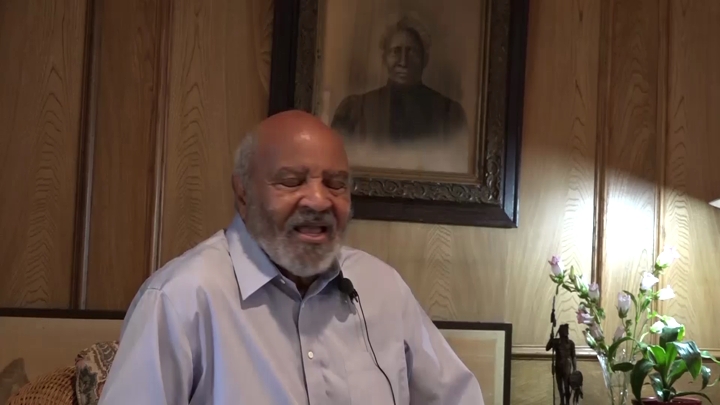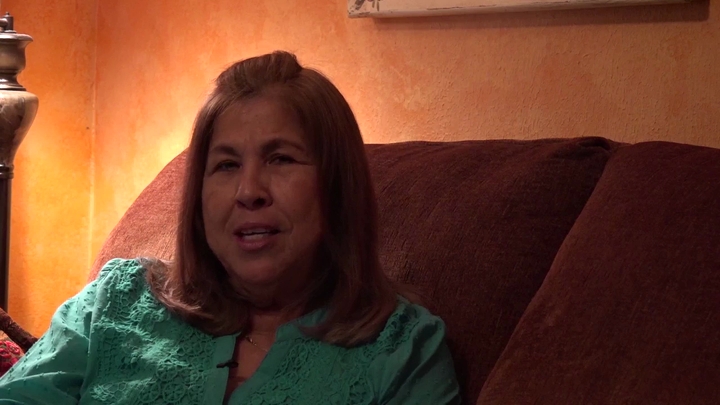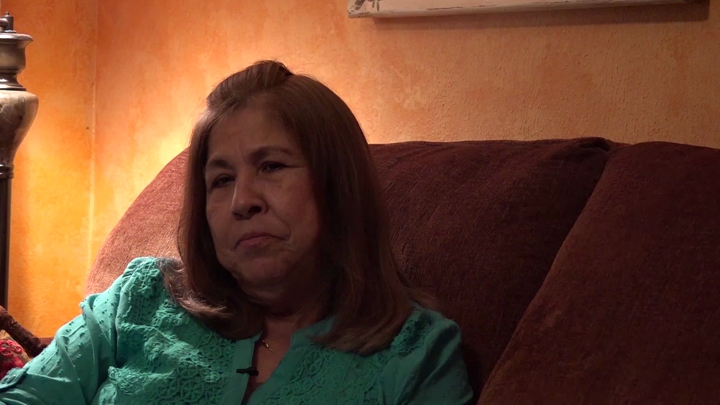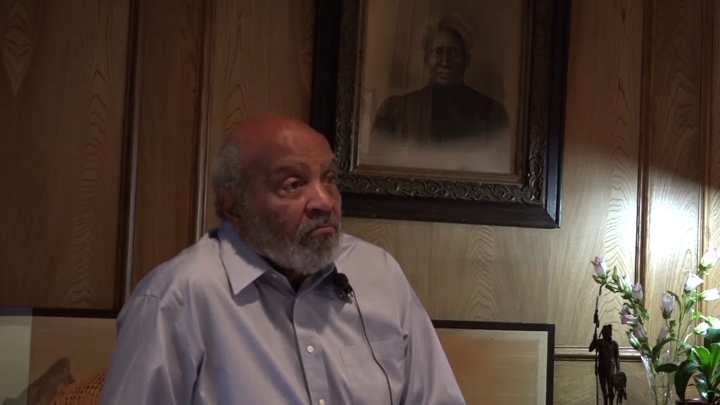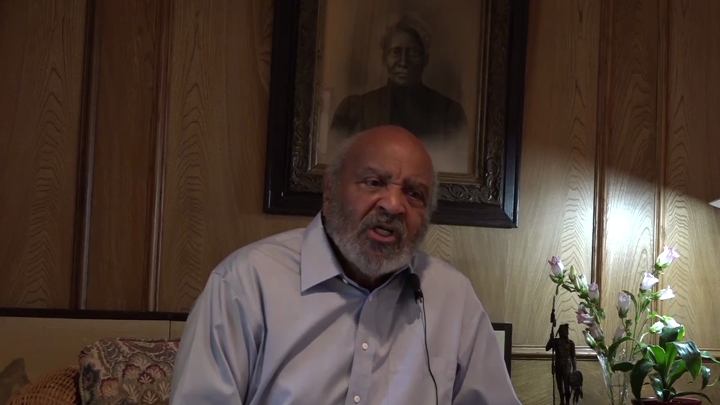Abalos / Odessa College and Teaching Experiences
sign up or sign in to add/edit transcript
Zapata: When did you start teaching community college? Abalos: I did not start teaching until about- okay, this is my 14th year. So, in 2002. I taught as an adjunct before that for 2 year. Zapata: So you are a full time instructor? Abalos: I am. Zapata: Can you tell us about experiences teaching Mexican American in history and elaborate on what you told us off camera? Abalos: Well, I have taught a number of classes now. None if the classes have been very big. I think the biggest class was about 12 students and that was a mixed class. I had a Mexican American, a Cuban, two or three Anglo students and the rest were Mexican American. Last fall I had a class which I had 6 students and they were all Mexican Americans, either born here or gotten their citizenship. They were much more aware of the problems facing Mexican Americans. I like to teach Mexican American history because people do not always understand why we are Mexican American. They do not understand that we are the first hyphenated Americans in this country. There was not anything –American until the United States annexed Texas and then we because citizens of the United States and then we became Mexican-Americans. The Mexicans living in Texas became Mexican Americans. So a lot of time people do not know that. I also like to talk about how we became Mexican because that is another thing that people do not understand. It was a process. There were Native Americans, then the Spaniards came, then the French and the Dutch, Africans. Mexican Americans are a mingling of those races- Chinese. I teach this in my US history class. I ask who were the first illegal aliens here. And everybody always thinks it was the Mexicans. But it is not. It is the Chinese. It was the Chinese Exclusion Act. They would come in through Mexico. A lot of them would stay there. There is some Chinese blood in us. I have very natural curly hair. That is the African in me. A lot of people do not know that. So I like to teach that. The reason that I like to teach this Mexican American class in the fall of last year is because those students were so aware of the injustices. They had a lot of pride being Mexican American. They were proud of their Mexican heritage and proud of their American heritage. That is how I feel. I am an American but of Mexican decent. My family- as I can tell- I am the 5th generation of Mexican American. My mother, my father, their mother and father on both sides, their mother and father were all born in this area. Anywhere from here to Presidio. I feel very connected to both. Although, honestly I had never been to Mexico until I was probably out of high school. And my parents, that I know of, never went. And their parents, maybe my great –grandmother- but my connection is here. Even though we spoke Spanish growing up- we spoke Spanish until we moved to a side of town where it was an Anglo side of town. Then, we became more Anglocized. But we were not Anglocized until we moved to that part of town. So this group of Mexican American I had in my class. Everyone in the class was Mexican American- I think I had one Anglo woman. I mean sometimes I feel almost apologetic. I mean we know- we are not blaming everyone for the racism and injustices, but it is a history. It happened. I had an Anglo woman in that class and she did not always understand where we were coming from. I tried to be fair and the students tried to be fair. But she took the class and that can happen. Even in my regular US History class when I talk about the injustices to Native Americans, African Americans, and Mexican American, I tell them this is not a personal opinion. This is a history, so some of them might complain but it is what it is. Some of them enjoyed my class and they wanted to know about everything. They were very willing to talk about their experiences and their family experiences. That is one of the reason I like that Mexican American class was usually they are small and students are more likely to participate if they are in a small class. I had a lot of participation in that class.


